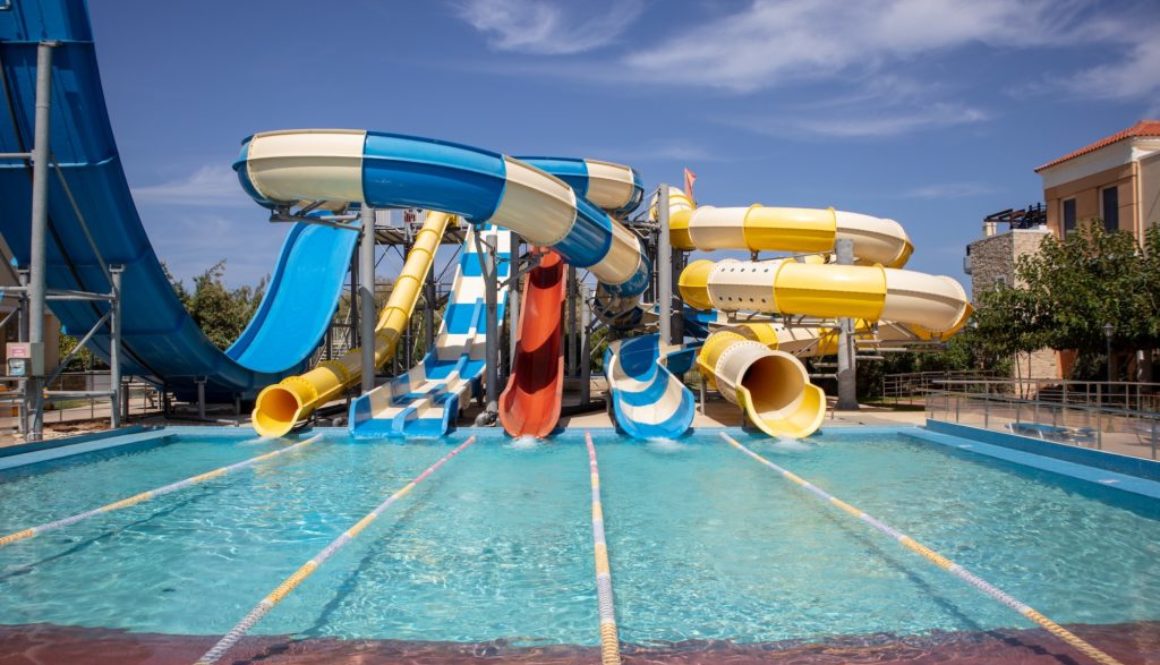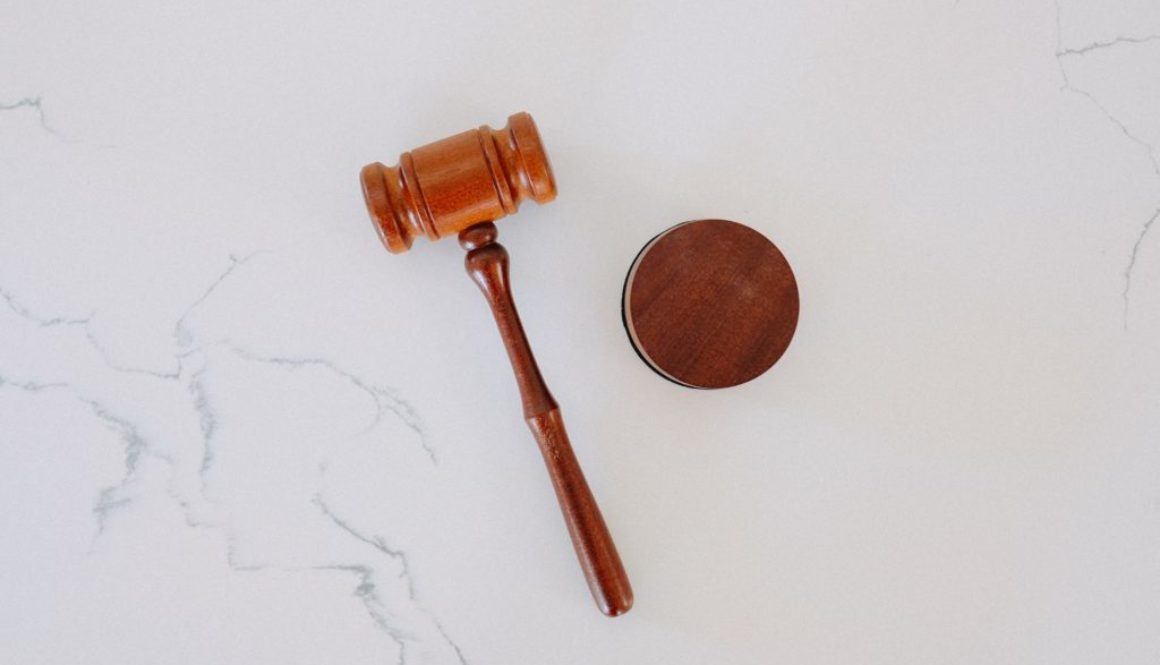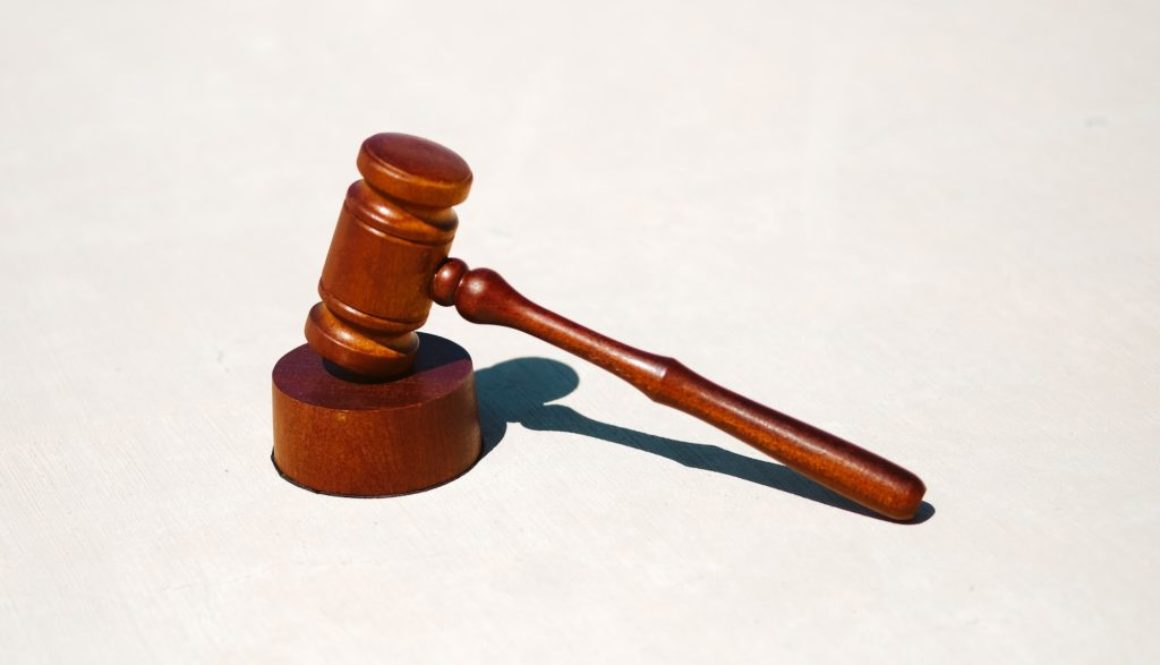Water Safety and Liability: Know Your Rights at Public Pools, Beaches, and Water Parks
As the summer season approaches, many Canadians seek relief from the heat by visiting public pools, beaches, and water parks. While these aquatic environments offer fun and relaxation, it’s essential to be aware of water safety measures and understand your rights regarding liability. In this blog post, we will explore water safety considerations and the legal aspects associated with public water recreation areas.
When visiting public pools, beaches, or water parks, it is important to pay attention to the level of supervision and lifeguard services available. Adequate supervision and trained lifeguards can significantly enhance water safety. Look for designated lifeguard stations, signage indicating the presence of lifeguards, and clear instructions on their areas of coverage.
While lifeguards play a crucial role in ensuring water safety, it is important to take personal safety precautions. Swim with a buddy to avoid swimming alone, and always have someone nearby who can provide assistance if needed. Be aware of your swimming abilities and avoid venturing into deep water or dangerous currents beyond your skill level. Respect warning signs that indicate strong currents, shallow areas, or hazardous conditions. Stay hydrated by drinking plenty of water, especially when spending extended periods in the sun. Use appropriate flotation devices, such as properly fitted life jackets, especially for non-swimmers or children.
When visiting water parks, follow safety guidelines provided by the park management. These may include height restrictions, proper use of slides and rides, and guidelines for children’s play areas. Pay attention to instructions from staff and adhere to the recommended safety practices to prevent accidents and injuries.
Owners and operators of public pools, beaches, and water parks have a duty of care to ensure the safety of visitors. They are responsible for maintaining a safe environment, properly functioning equipment, and adequate supervision. In the event of negligence or failure to fulfill this duty, liability may be established.
However, it’s important to recognize that personal responsibility also plays a role in water safety. Individuals should adhere to safety rules, respect warning signs, and act responsibly to prevent accidents. Failure to do so may contribute to any resulting injuries and affect liability and compensation claims.
If you or a loved one sustains an injury due to water-related incidents at public pools, beaches, or water parks, it is advisable to seek legal advice. Our team of experienced personal injury lawyers at Hilborn & Konduros can evaluate the circumstances of the incident, determine liability, and guide you through the legal process to protect your rights and seek appropriate compensation.
In conclusion, when enjoying public pools, beaches, and water parks, it’s important to prioritize water safety and be aware of your rights regarding liability. Follow safety measures, pay attention to lifeguard services, take personal safety precautions, and respect posted guidelines. Remember that owners and operators have a duty of care, but personal responsibility is also essential. If an injury occurs, consult a personal injury lawyer to understand your rights and seek legal recourse. By staying informed and acting responsibly, you can enjoy a safe and enjoyable water recreation experience.









